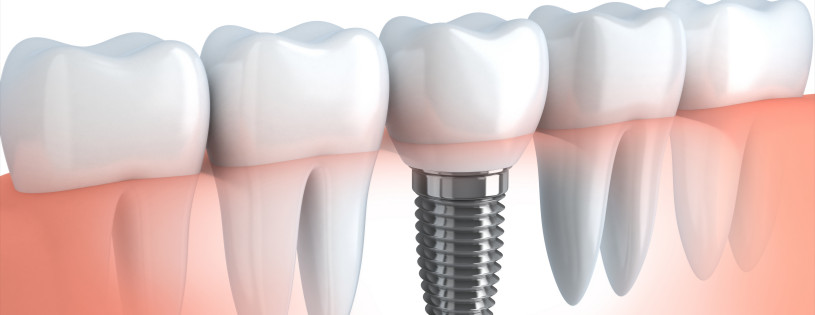Having missing teeth is a particularly common problem in oral health, and ignoring the issue can cause a number of long-term difficulties.
The most prevalent concern about having a missing tooth is aesthetics, but there is potential for much more serious problems. Teeth interact with the bone that holds them, and when a tooth is no longer there, the lack of stimulus can cause the bone to stop rebuilding itself. Loss of bone volume can cause sagging in the lips and hollowness in the cheeks. Eventually, if the bone in the jaw becomes sufficiently depleted, it could put you at a higher risk of jaw fractures.
Aesthetic issues are not only a problem at face value, they can impact on a person’s life both psychologically and socially. Serious cases of tooth loss, and therefore bone density, have also been shown to hinder a person’s ability to both eat and speak. This can make some social situations increasingly difficult, which can have a negative impact on the patient’s psychological state.
However, replacing a missing tooth with an implant can prevent this. An implant simulates the relationship between tooth and bone, helping it to continually rebuild and strengthen. Patients who received a dental implant to replace a missing tooth have reported their overall psychological state to have improved by upwards of 80%.
Dental implantology is becoming an increasingly popular tooth replacement option. A study of over 1,000 patients showed that 99% of implants were still successful and functional after a ten year period, whereas some temporary tooth replacement methods only demonstrated a 50% success rate over the same time period.
Improvements in methods for replacing missing teeth mean that the social, psychological and physical risks associated with losing teeth could become a thing of the past.
Click here to find out more about how Roy Morris Dental Excellence can provide dental implants to replace missing teeth.


